A recent midstage clinical trial has revealed encouraging results about the potential of lysergic acid diethylamide (LSD) to alleviate symptoms in individuals suffering from generalized anxiety disorder (GAD). Published Thursday, the findings mark a significant milestone in the growing field of psychedelic-assisted therapy and could pave the way for broader clinical use of this once-stigmatized substance.
For decades, LSD was associated primarily with counterculture movements and recreational use. However, modern science is increasingly revisiting its therapeutic potential. This new study adds to a growing body of evidence suggesting that, when administered in controlled, clinical settings, psychedelics like LSD may offer meaningful relief for people struggling with persistent mental health conditions.
The Phase 2 trial evaluated the effects of low-dose LSD in adults diagnosed with generalized anxiety disorder who had not responded adequately to conventional treatments. Participants received either a controlled dose of LSD or a placebo, alongside structured psychotherapy sessions. Over the course of several weeks, researchers monitored changes in anxiety levels, mood, and overall psychological functioning.
Results showed that individuals who received LSD experienced statistically significant reductions in anxiety symptoms compared to the placebo group. Many reported improved emotional regulation, greater self-awareness, and a renewed sense of connection—effects that persisted for weeks after treatment. Notably, the dosing regimen was designed to minimize hallucinogenic effects, focusing instead on subtle shifts in perception and cognition that support therapeutic breakthroughs.
Adverse effects were generally mild and short-lived, including transient increases in heart rate, mild dizziness, or emotional discomfort during sessions—common in psychedelic therapy but carefully managed by trained professionals.
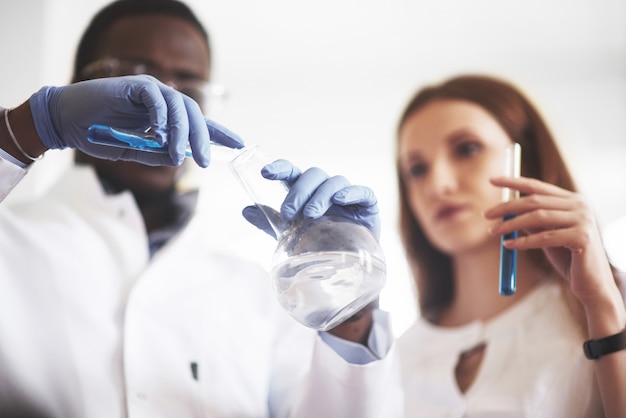
Generalized anxiety disorder affects millions of people worldwide, often leading to chronic worry, sleep disturbances, and impaired daily functioning. While treatments like cognitive behavioral therapy (CBT) and medications such as SSRIs are available, many patients do not achieve full symptom relief. This treatment gap has spurred interest in alternative approaches, including psychedelic compounds.
LSD works primarily by interacting with serotonin receptors in the brain, particularly the 5-HT2A receptor. This interaction is believed to increase neural plasticity—the brain’s ability to reorganize and form new connections—potentially allowing patients to break free from rigid, anxiety-driven thought patterns.
Unlike traditional medications that may take weeks to show effects, some participants in the study reported noticeable improvements within days of treatment. While long-term outcomes require further study, the speed and depth of response have generated excitement among researchers and clinicians.
These positive midstage results set the stage for larger Phase 3 trials, which are necessary for regulatory approval. If subsequent studies confirm safety and efficacy, LSD could become one of the first psychedelic substances approved for psychiatric use in modern medicine.
Regulatory agencies such as the U.S. Food and Drug Administration (FDA) have already granted breakthrough therapy designation to other psychedelics, including psilocybin for treatment-resistant depression. A similar pathway could be possible for LSD, especially given its long history of scientific study and well-documented pharmacology.
However, challenges remain. Public perception, legal restrictions, and the need for specialized treatment settings mean that widespread access would require significant infrastructure, training, and policy changes. Any future approval would likely involve strict protocols limiting use to licensed clinics with trained therapists present.
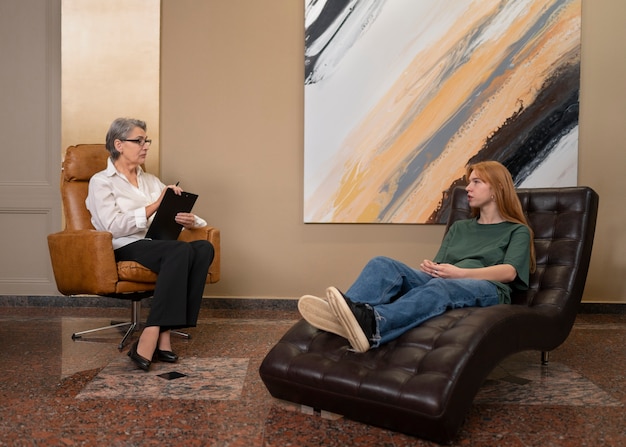
Psychedelic therapy is not simply about taking a drug—it’s a structured process. Sessions typically involve preparation, dosing, and integration. Before receiving LSD, patients undergo psychological screening and preparatory counseling to build trust and set intentions.
During the dosing session, patients are in a calm, supportive environment with trained therapists. Music, eye shades, and guided prompts help facilitate introspection. After the experience, integration therapy helps patients make sense of insights and apply them to daily life.
This model emphasizes that the therapeutic benefit comes not just from the drug, but from the entire support system surrounding its use.
The success of this LSD trial reflects a broader shift in mental health care—one that embraces innovation, patient-centered approaches, and a deeper understanding of consciousness. As research continues, we may see a future where psychedelic-assisted therapy becomes a viable option for those who have long struggled in silence.
While LSD is not a magic cure, its potential to unlock new pathways in the brain offers real hope. With careful science, ethical oversight, and compassionate care, this once-maligned substance could become a powerful tool in the fight against anxiety and other mental health disorders.

Health

Health

Health

Health

Health

Health
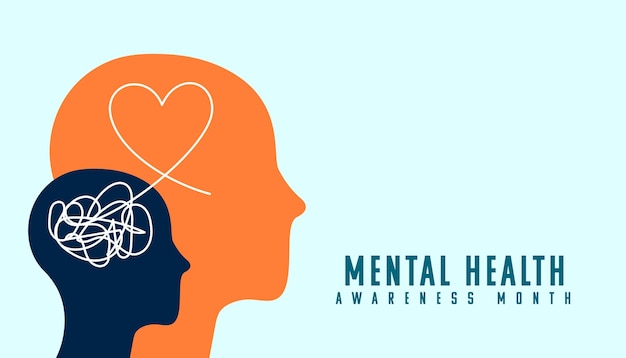
Health

Health

Health
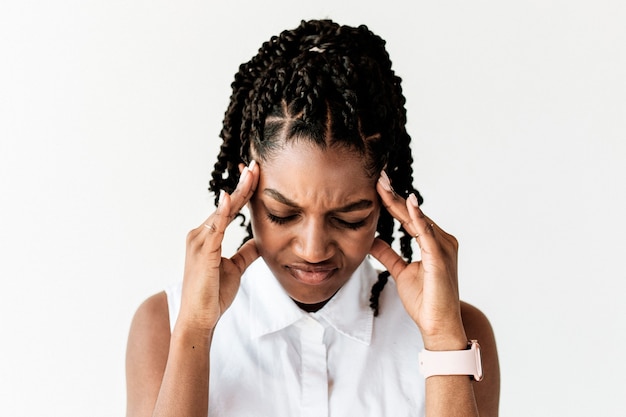
Health
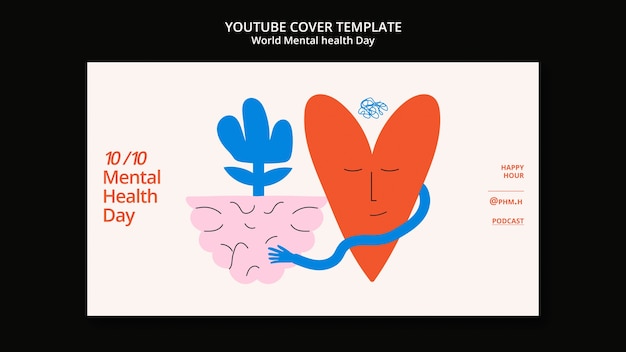
Health

Health

Health

Fitness

Health

Health